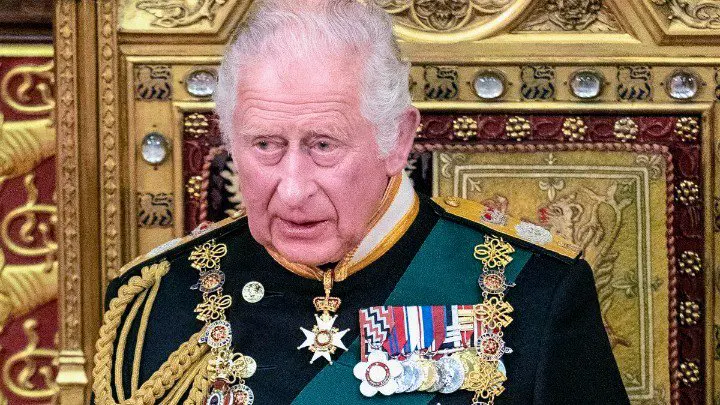The accession of King Charles to the British throne has stirred renewed calls from politicians of former colonies in the Caribbean to remove the monarch as their head of state.
Charles succeeds his mother, Queen Elizabeth, who ruled for 70 years and died on Thursday afternoon.
The prime minister of Jamaica said his country would mourn Elizabeth, and his counterpart in Antigua and Barbuda ordered flags to half-staff until the day of her burial.
But in some quarters there are doubts about the role a distant monarch should play in the 21st century.
Barbados, one of a dozen Caribbean nations which are Commonwealth members, ditched the queen as head of state last year.
Jamaica has signalled it may soon follow suit, though both remain members of the Commonwealth.
Earlier this year, some Commonwealth leaders expressed unease at a summit in Kigali, Rwanda, about the passage of leadership of the 54-nation club from Elizabeth to Charles.
“We should all work towards removing the royal family as head of state of our nations,” said David Denny, general secretary of the Caribbean Movement for Peace and Integration, from Barbados.
An August survey showed 56 per cent of Jamaicans favour removing the British monarch as the head of state.
Mikael Phillips, an opposition member of Jamaica’s parliament, in 2020 filed a motion backing the removal.
“I am hoping as the prime minister had said in one of his expressions, that he would move faster when there is a new monarch in place,” Phillips said on Thursday.
Former St. Lucia prime minister and now leader of the opposition Allen Chastanet said he backed what he said was a “general” movement toward republicanism in his country.
“I certainly at this point would support becoming a republic,” he said.
Reparations
Activists in the region said Charles’ ascension to the throne is also an opportunity to redouble calls for slavery reparations.
“As the role of the monarchy changes, we expect this can be an opportunity to advance discussions of reparations for our region,” Niambi Hall-Campbell, a 44-year-old academic who chairs the Bahamas National Reparations Committee, said.
Hall-Campbell sent condolences to the Queen’s family and noted Charles’ acknowledgment of the “appalling atrocity of slavery” at a ceremony last year marking the end of British rule as Barbados became a republic.
She said she hopes Charles would lead in a way reflecting the “justice required of the times. And that justice is reparatory justice.”
More than 10 million Africans were shackled into the Atlantic slave trade by European nations between the 15th and 19th centuries.
Those who survived the brutal voyage were forced to labor on plantations in the Caribbean and the Americas.
Jamaican reparations advocate Rosalea Hamilton said Charles’ comments at the Kigali conference about his personal sorrow over slavery offered “some degree of hope that he will learn from the history, understand the painful impact that many nations have endured ’til today” and address the need for reparations.
The Advocates Network, which Hamilton coordinates, published an open letter calling for “apologies and reparations” during William and Kate’s visit.
The Queen’s grandchildren have the chance to lead the reparations conversation, Hamilton added.
Jamaica’s government last year announced plans to ask Britain for compensation for forcibly transporting an estimated 600,000 Africans to work on sugar cane and banana plantations that created fortunes for British slave holders.


